BRINGING THE
THUNDER
Other titles in the Stackpole Military History Series
THE AMERICAN CIVIL WAR
(:avalry Raids of the Civil War
Pickett'c Charge
Witness to Gettysburg
WORLD WAR II
Armor Battles of the Waffen-SS, 1943-45
Australian Commandos
The B-24 in China
Beyond the Beachhead
The Brandenburger Commandos
Coast Watching in World War II
Fist from the Sky
plying American Combat Aircraft of World War II
Forging the Thunderbolt
Germany's Panzer Arm in World War II
Grenadiers
Infantry Aces
Luftwaf/e Aces
Messerschmitts over Sicily
Michael Wittmann, Volume One
Michael Wittmann, Volume Two
On the Canal
Packs On!
Panzer Aces
Panzer Aces II
Surviving Bataan and Beyond
The 12th SS, Volume One
The 12th SS, Volume Two
Tigers in the Mud
THE COLD WAR / VIETNAM
Flying American Combat Aircraft: The Cold War
Land with No Sun
Street without Joy
WARS OF THE MIDDLE EAST
Never-Ending Conflict
BRINGING THE
THUNDER
The Missions of a World War II
B-29 Pilot in the Pacific
Gordon Bennett Robertson, Jr.



For my children, Bruce and Becky, and my daughter-in-law, Sherry.
We few, we happy few, we band of brothers For he that day that shed his blood with me Shall be my brother
-William Shakespeare, Henry V, Act IV, Scene iii
This story is dedicated to those 29th Bomb Group flight crew members who paid with their lives while fighting to avenge the grievous, wrongful, criminal injustice of Pearl Harbor and to preserve our way of lifeespecially those of the 43rd Squadron, who were my brothers and comrades in arms.
Table of Contents
................................ ix
Chapter 2 ..................... 17
Chapter 3 .............................. 29
Chapter 4 ....................... 47
Chapter 5 .......................... 63
Chapter 6 ....................... 95
Chapter 7 ......................... 123
Chapter 8 ............................ 247
Chapter 9 ......................... 251
............................. 257
..... 269
....................... 271
Preface
 'orld War II began on September 1, 1939, with Hitler's invasion of Poland. Hostilities raged until August 15, 1945, when actual fighting stopped, and ended on September 2, 1945, when the Japanese formally surrendered on the foredeck of the battleship Missouri in Tokyo Bay. The carnage involved every major nation in the world and accounted for the loss of approximately 53 million lives worldwide-over half of which were noncombatants. The U.S. forces exceeded sixteen million people in uniform serving their country with about two million, three hundred seventy-five thousand in the U.S. Army Air Corps. A relatively small number of these-perhaps about five percent-were aircrew members actually flying the airplanes, from pilots of single-place fighters to ten- or eleven-member crews of our heavy and very heavy bombardment aircraft.
'orld War II began on September 1, 1939, with Hitler's invasion of Poland. Hostilities raged until August 15, 1945, when actual fighting stopped, and ended on September 2, 1945, when the Japanese formally surrendered on the foredeck of the battleship Missouri in Tokyo Bay. The carnage involved every major nation in the world and accounted for the loss of approximately 53 million lives worldwide-over half of which were noncombatants. The U.S. forces exceeded sixteen million people in uniform serving their country with about two million, three hundred seventy-five thousand in the U.S. Army Air Corps. A relatively small number of these-perhaps about five percent-were aircrew members actually flying the airplanes, from pilots of single-place fighters to ten- or eleven-member crews of our heavy and very heavy bombardment aircraft.
After being trained as a fighter pilot and spending about one and a half years in the Training Command as an instructor, I found myself headed for the Pacific and the final showdown with Japan as the aircraft commander of a B-29 very heavy bomber.
My story is not intended to be anything more than the recollections of a B-29 line pilot engaged in the massive air offensive against the home islands of Japan in 1945. It is not an intellectual dissertation, it is not a political treatise-although there are political comments-and it certainly is not politically correct. Nor is it intended to be critical or defensive. It is simply a recounting of an experience.
The story has been a long time coming. Like most returned servicemen, I was busy through the '50s and '60s raising chil dren and paying mortgages, and except for my continuing love of flying and interest in aviation, I didn't really think too much about my military exploits. But, from time to time, in answer to a question or because some incident reminded me, a story would come out, to the amusement (or to the amazement) of the listener. Then in the early 1980s, the founders of the 29th Bomb Group Association located me, and I attended my first reunion. This gave me an opportunity to relive 1945 with some of the people-including my surviving crewmembers-with whom I had shared it. Since then, friends, family, 29th Bomb Group Association members, and my crew members have suggested, even encouraged, that I write it all down. As one of them put it, "If you people who were there-who fought the battles-don't record it, it will forever be lost to our heirs and to history." And given that we all are now in our late seventies and early eighties, there's not much time left to get it on paper and prevent the revisionist writers from distorting the story.
I did relatively little research, as such, during the writing of the story. Others who have written about the same period and subject have done an excellent job of reporting the statistical aspects of military operations, and I did not feel it necessary or desirable to duplicate their work. As a matter of fact, I wanted to avoid too much research because I felt it would influence and distort the story which I wanted to tell as a personal recollection and accounting. My research therefore was principally intended to affirm and validate my memory rather than to discover new material.
I called a couple of my surviving crew members on occasion to check their memories against mine, I reread a diary which I kept for about the first three months when I was in the Marianas Islands, and I reread many letters which I wrote to my father and my wife during my overseas tour there. I also occasionally referred to my logbooks and, infrequently, to flight manuals of the time. There have been no ghostwriters; the words are all mine. The story is accurate to the degree that my memory can be accurate sixty years later. There very well may be some errors or misconceptions in the telling, the human mind being what it is, and if there are, I apologize, but I have done my best to keep the story as I saw it, as I lived it, and as I felt it. I have tried not to take poetic license with my recollections, but only to describe the thoughts, actions, responses, and perceptions of a voting man engaged in a small portion of a period of history that may have been the most important of the twentieth century. I have had to put my head in reverse and immerse myself in the past in an attempt to recreate my mindset and attitudes of 1945.

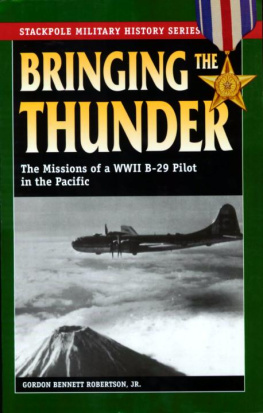

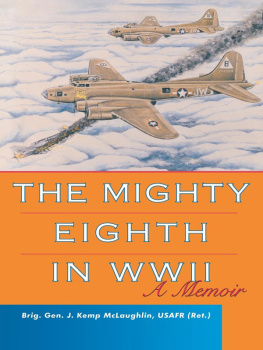


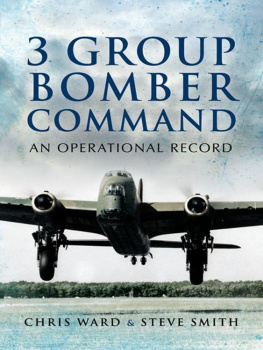
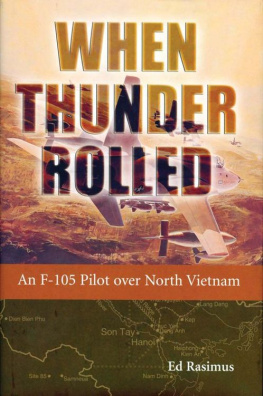
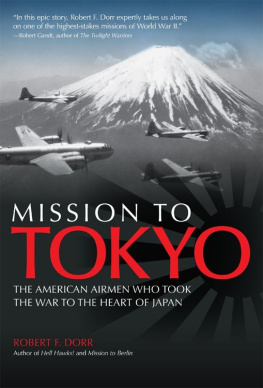
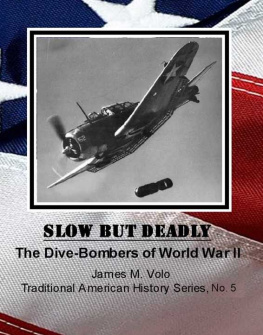
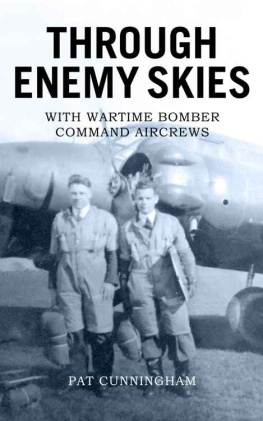







 'orld War II began on September 1, 1939, with Hitler's invasion of Poland. Hostilities raged until August 15, 1945, when actual fighting stopped, and ended on September 2, 1945, when the Japanese formally surrendered on the foredeck of the battleship Missouri in Tokyo Bay. The carnage involved every major nation in the world and accounted for the loss of approximately 53 million lives worldwide-over half of which were noncombatants. The U.S. forces exceeded sixteen million people in uniform serving their country with about two million, three hundred seventy-five thousand in the U.S. Army Air Corps. A relatively small number of these-perhaps about five percent-were aircrew members actually flying the airplanes, from pilots of single-place fighters to ten- or eleven-member crews of our heavy and very heavy bombardment aircraft.
'orld War II began on September 1, 1939, with Hitler's invasion of Poland. Hostilities raged until August 15, 1945, when actual fighting stopped, and ended on September 2, 1945, when the Japanese formally surrendered on the foredeck of the battleship Missouri in Tokyo Bay. The carnage involved every major nation in the world and accounted for the loss of approximately 53 million lives worldwide-over half of which were noncombatants. The U.S. forces exceeded sixteen million people in uniform serving their country with about two million, three hundred seventy-five thousand in the U.S. Army Air Corps. A relatively small number of these-perhaps about five percent-were aircrew members actually flying the airplanes, from pilots of single-place fighters to ten- or eleven-member crews of our heavy and very heavy bombardment aircraft.